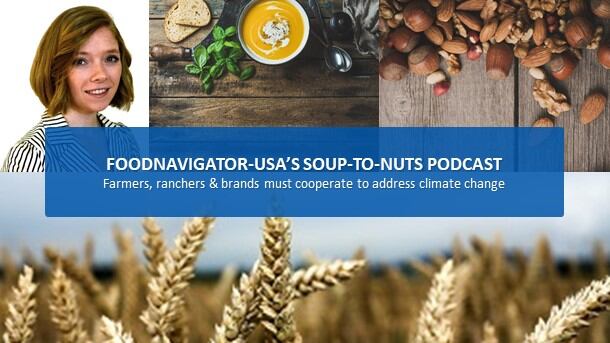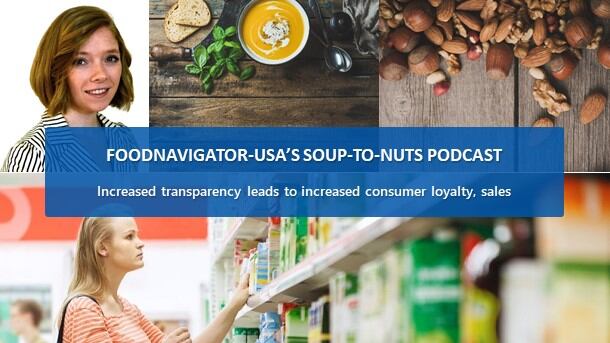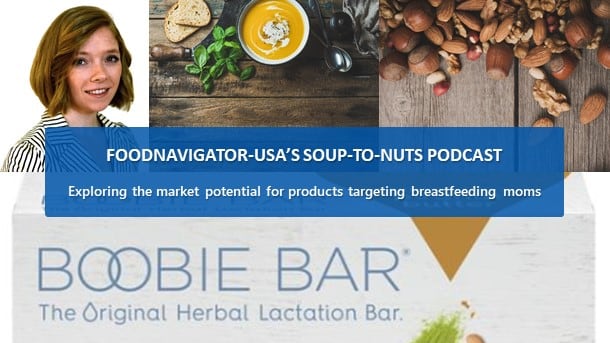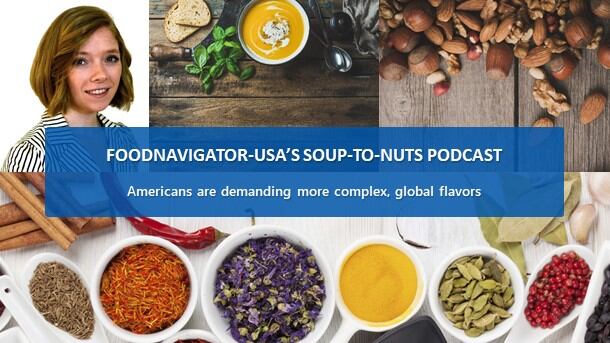A key focus on the Intergovernmental Panel on Climate Change’s landmark report is on reducing carbon emissions, which currently are more than 40 billion tons per year, by more than 1 billion tons per year over the next decade. As the report authors stress over and over, to achieve a goal this ambitious all sectors – including food production and consumption – must make dramatic changes.
Given that change is innately uncomfortable for most people, some of the suggestions in the report for achieving ‘radical transformation’ that would impact food production likely will be unpopular, such as converting large swaths of land currently used to produce food to grow trees to store carbon or crops designated for energy use. Of course, suggestions, such as these, must be balanced with the need to feed a quickly growing population.
While the report likely is a wake up call for many people – many more already are taking steps to improve the sustainability of food, including farmers and ranchers, who according to the new CEO of the U.S. Farmers & Ranchers Alliance are the solution to climate change.
In this episode of FoodNavigator-USA’s Soup-To-Nuts podcast, Erin Fitzgerald, who took over the helm of USFRA just over two months ago, talks about the critical – and often overlooked – role that farmers and ranchers play in meeting the challenge of growing and raising 70% more food in the next 40 years while also improving the sustainability of land and overall food system. She also talks about how players farther down the supply chain, including brand manufacturers, can responsibly invest in and market around sustainability in a way that does reduce the concepts to buzzwords at risk of being diluted or having only a short term impact on our behavior.
‘The greatest challenge of our time’
Echoing a major sentiment in the IPCC report, Fitzgerald underscores that addressing climate change is “the greatest challenge of our time,” and the only way to do so successfully is for everyone to work together and recognize the value and skills that each group brings to the table, including farmers and ranchers.
“I think people don’t realize that agriculture is the solution to climate change. It is the solution to water stewardship and management,” she said.
Given that 48% of the land mass is in the stewardship of farmers, she added, “the real question for all of us as we manage a sustainable food system for the future is how do we enable those farmers and land base to do what they do best.”
One way that she wants to do that is to change the conversation around sustainability is to encourage players to stop thinking about it as a destination, and rather consider it an ongoing process that includes stewardship.
“Stewardship is one of those old words, but it is to have the values and commitment to leave this land better,” and farmers and ranchers have that, she said.
She explained they are doing that by using precision farming technologies that allows them to maximize production and soil improvement. There are also many low-tech strategies, including low or no tillage practices, cover crops, hedge rows and irrigation strategies.
An opportunity for brands to tell farmers’ stories
Fitzgerald says much of what farmers and ranchers do to improve the sustainability of the food system is going unnoticed, and they need the opportunity to share their efforts with the world – whether that is at conferences and boardrooms across the country, or through partnerships with brands.
In the same breath that Fitzgerald is calling for help telling farmers’ and ranchers’ stories, she fears that sustainability may become a buzzword that is hollowed of its full meaning and impact.
“We need to make sure we are truly being responsible in how we talk about these things because there is this thing called climate change and we need to be preparing the consumer for that reality,” and the best way to do that is through positive marketing about the efforts underway, she said.
Some brands already are telling farmers’ stories in an increasingly sophisticated manner. For example, Annie’s recently created a limited edition macaroni & cheese made from ingredients farmed regeneratively. On the packages, the brand introduces consumers to the idea of soil health and what it takes to protect and improve the land.
Everyone is responsible for food waste reduction
While farmers and ranchers must be responsible for their fair share of thein creating a more sustainable food system, the full burden is not theirs along to bear. For example, Fitzgerald notes that there are many steps that manufacturers and consumers can take to better ‘honor the harvest’ by reducing food waste.
Brands can do this by ensuring their packaging keeps food fresh, but also comes in sizes that will reduce the risk that shoppers will waste the products by over-eating, she said.
The also should help close the loop on composting and other strategies for reducing the amount of food that ends up in the landfill, she added.
And finally, she said, companies should focus not just on the niche consumer who will pay a premium, but also look for ways to feed those who are food insecure and by doing that use all of the harvest.
“There is a great website called furtherwithfood.org, which is a group of 12 NGOs that have gotten together to bring the best resources together to kind of help people think of this food cycle and it is a huge opportunity and a huge impact to save money” as well as address carbon, she said.
Creating an open dialogue
Given all the work that is being done, but also still needs to be done, Fitzgerald hopes to better position farmers and ranchers as resources for addressing climate change and sustainability concerns. One way she says she will do that is by creating digital space, called the Hive, where farmers can talk with consumers and where other industry players can get facts about farming and ranching.
She also wants to ensure that there is an open dialogue between farmers, ranchers and others in the industry, and so she encourage people to reach out and let USFRA know what questions and needs they have.




